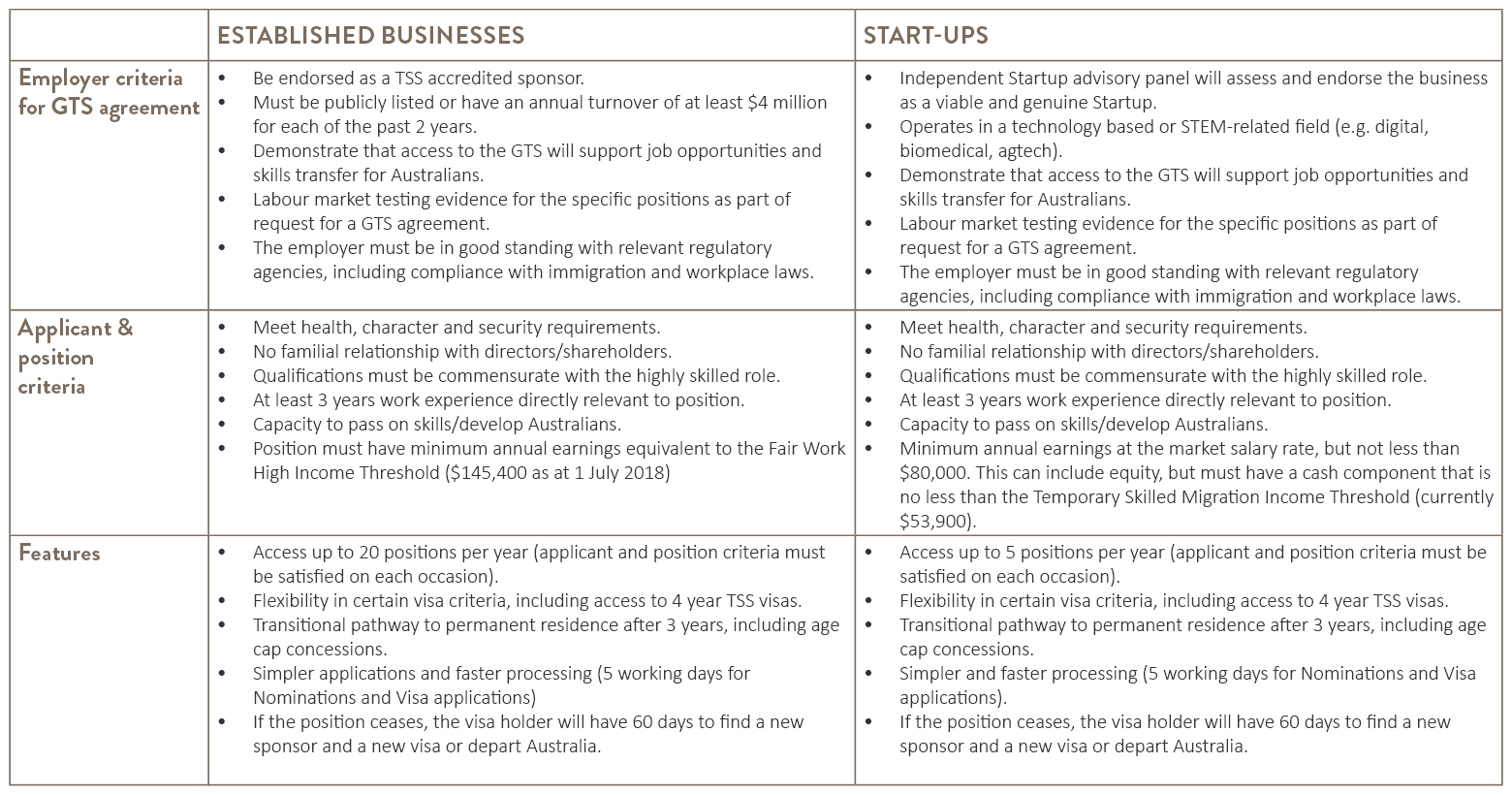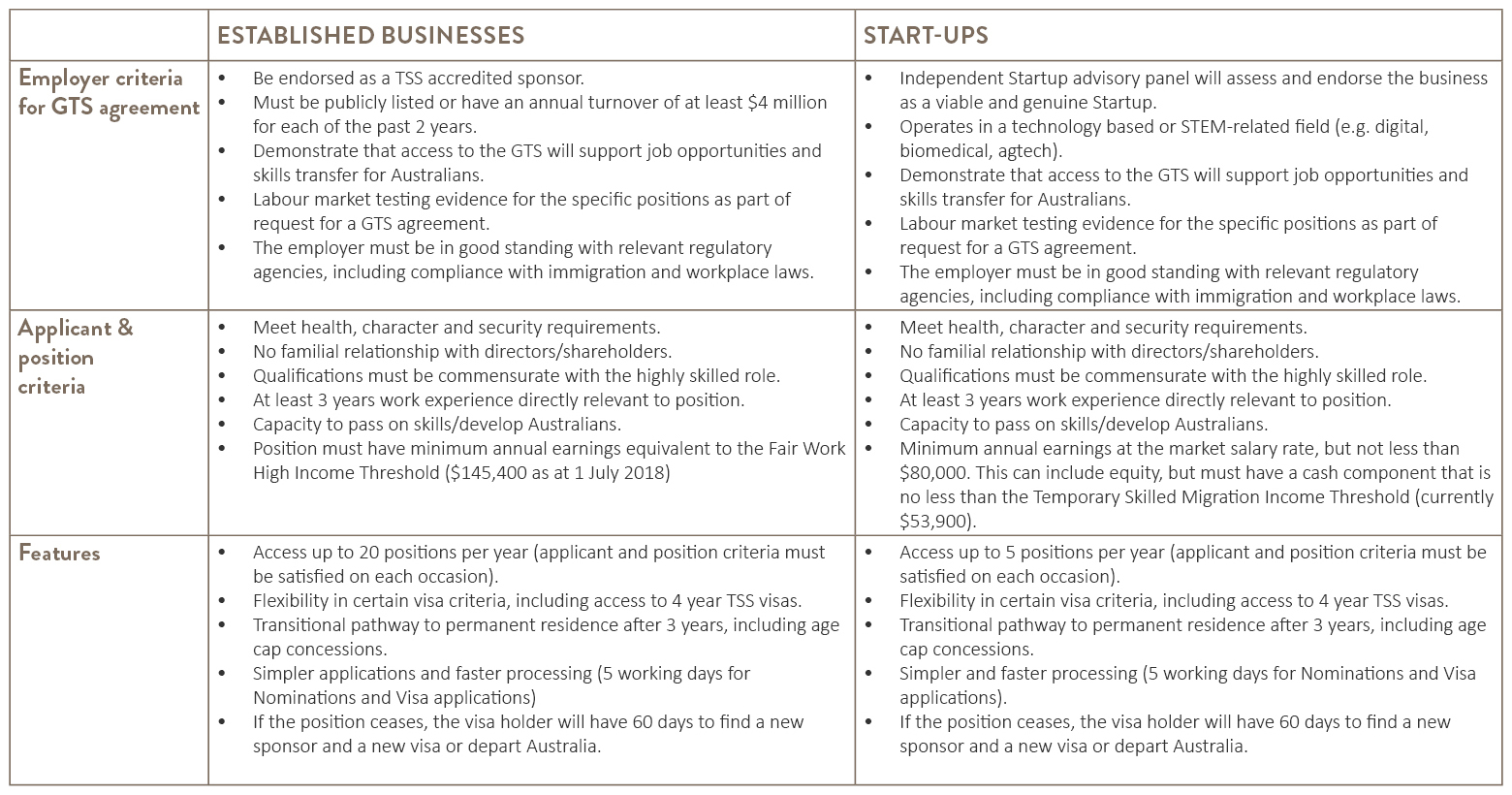Year end means staff review time for some businesses.
With the end of the year fast approaching, it is important to remind those who employ 457/TSS visa holders, that these employees have been approved to work in their nominated occupations only. While a promotion within the same occupational stream (and any associated salary increase) will generally comply with their 457/TSS visa conditions, a move into a different role must be carefully considered.
If deemed to be in a different occupation, it will be necessary for the business to lodge a new Business Nomination, with any required Labour Market Testing; if a TSS visa holder, also a new Visa Application, to confirm that the visa holder meets the TSS skill requirement for that occupation.
Please feel free to discuss any proposed role changes with your Ajuria adviser to ensure that your visa holders will continue to be compliant.
DISCLAIMER This information is current as of 29 October 2019 and subject to change. The information contained in this publication is of a general nature only. It should not be used as legal advice. To the extent permissible by law, Ajuria Lawyers and its associated entities shall not be liable for any errors, omissions, defects or misrepresentations in the information or for any loss or damage suffered by persons who use or rely on such information. Liability limited by a scheme approved under Professional Standards Legislation.
Text Goes Here
Text Goes Here
DISCLAIMER This information is current as of 29 October 2019 and subject to change. The information contained in this publication is of a general nature only. It should not be used as legal advice. To the extent permissible by law, Ajuria Lawyers and its associated entities shall not be liable for any errors, omissions, defects or misrepresentations in the information or for any loss or damage suffered by persons who use or rely on such information. Liability limited by a scheme approved under Professional Standards Legislation.



